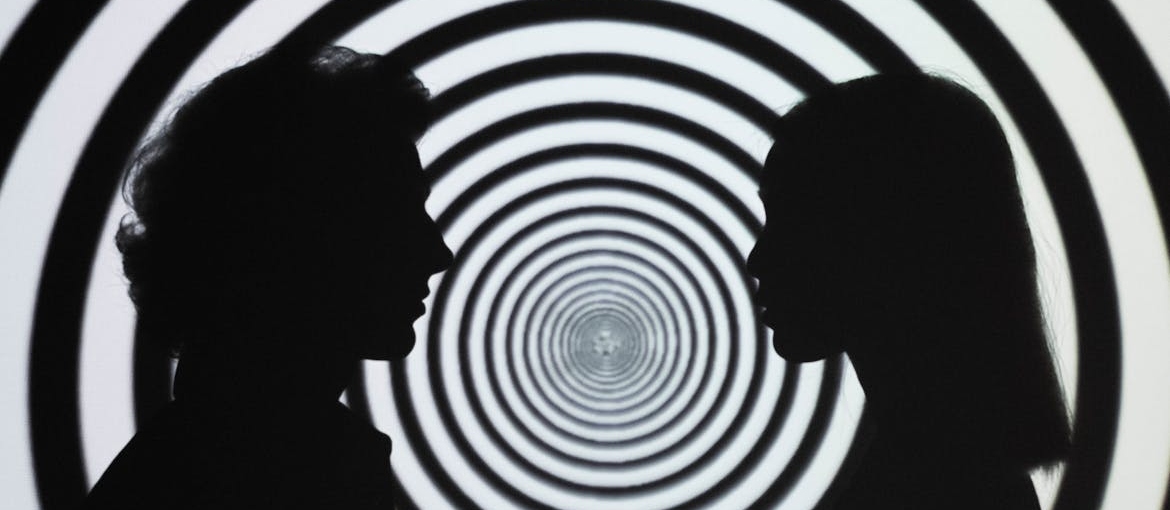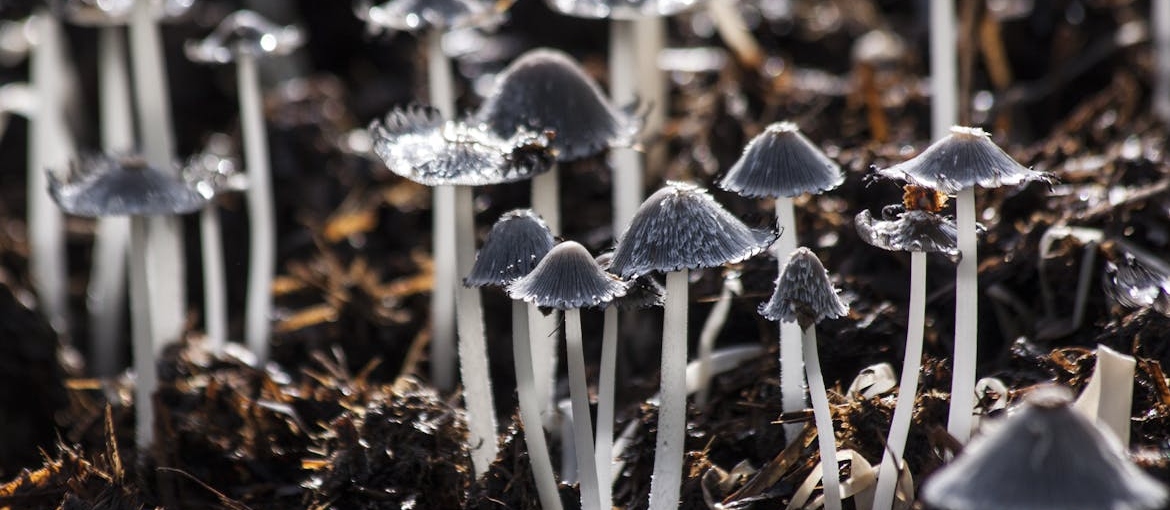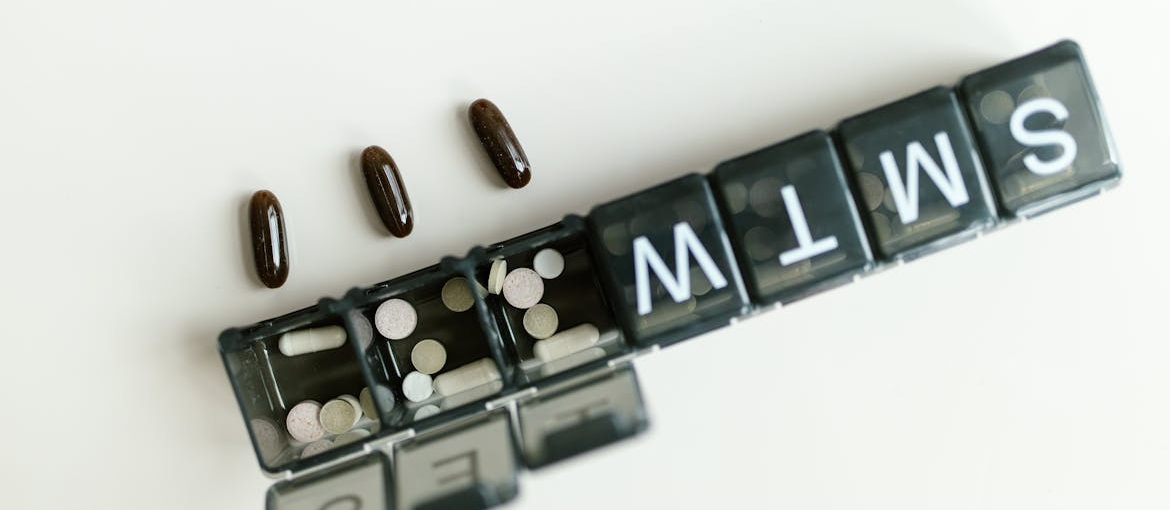Studying the psychological effects of hallucinogenic drugs provides insight into the complex connection between drugs and mental states. These substances can cause hallucinations and significantly alter perception, emotions, and consciousness. They vary from manufactured chemicals like NBOMe to naturally occurring psychedelics such as LSD and psilocybin. A West Virginia treatment center might encounter clients affected by these drugs, as they can disrupt the brain’s natural neurotransmitter activity, leading to powerful sensations, distorted realities, and ego disintegration.
Hallucinations, which are sensory perceptions appearing without external stimuli, can occur due to neurological diseases, mental illnesses, and drug use. However, they also carry risks, including psychological pain and, in severe cases, psychosis. Understanding the background and impacts of hallucinogenic substances is necessary for making informed choices and establishing therapeutic procedures that maximize benefits while minimizing drawbacks.
Understanding What Causes Drug-Induced Hallucinations
Sensory experiences described as hallucinations can occur when there are no external signs. Sensing, hearing, smelling, or experiencing things that are not there are a few instances of these senses. There are several potential explanations for why this may take place. So what can trigger hallucinations? Everything from drug use and mental illness to neurological conditions and sleep deprivation. Brain disorders like epilepsy, mental disorders like schizophrenia, delusions, sleep disorders, and drug abuse are a few of them. Hallucinations happen from a variety of complex mechanisms, which include irregularities in the brain’s normal processing of visual information.

Neurotransmitters such as glutamate, dopamine, and serotonin affect perception significantly. Consequently, hallucinations can result from any alterations in their activity. These imbalances are a key part of what causes drug-induced hallucinations, especially when serotonin or dopamine levels spike unnaturally. To gain a deeper comprehension of hallucinations, experts examine the complex relationships between neurotransmitter systems, neuronal circuitry, and external factors. This would help them provide treatments for those who struggle with such experiences. Both prescription and illicit drugs can cause hallucinations, significantly altering a person’s perception and behavior.
What Are the Effects of These Drugs
Psychedelics, also known as psychedelic drugs, are part of a wider drug class known as hallucinogenic drugs. These substances affect a person’s awareness and mental functions in a way that changes their consciousness. The most commonly consumed drugs that can trigger hallucinations are:
- LSD (Lysergic acid diethylamide)
- Psilocybin (Found in magic mushrooms)
- Ketamine
- PCP (Phencyclidine)
- DMT (Dimethyltryptamine)
Regardless of their relatively small dosages, these drugs can cause hallucinations. Many people wonder what drugs cause hallucinations, and substances like LSD, psilocybin, and PCP are some of the most common examples. Drugs like these impact emotions and mental states, along with sensory perception and the brain’s nervous system.
Often, drugs alter your emotional state so drastically that it becomes difficult to distinguish between reality and drug-induced perception. Considering everything, taking these substances is extremely unsafe. So, don’t be reluctant to reach out for help and advice if you or someone you know is battling a substance abuse addiction.
A Closer Look at Most Common Hallucinogenic Drugs
Many hallucinogenic substances are known for their powerful effects on perception, mood, and sensory awareness. Each drug works differently, altering consciousness in ways that range from euphoric to disorienting. For those who develop mental health issues alongside substance use, dual diagnosis treatment West Virginia programs offer specialized care that addresses both conditions together. If you’re unsure what is a substance that induces hallucinations, this list highlights several common examples:
- LSD (Lysergic Acid Diethylamide): A synthetic hallucinogen known for causing vivid visual distortions, changes in time perception, and strong emotional shifts. Even small doses can trigger intense experiences, often called “trips.”
- Psilocybin (Magic Mushrooms): Found in certain types of mushrooms, psilocybin converts into psilocin in the body. It can create a sense of euphoria, heightened emotions, and hallucinations. Some users report spiritual or introspective experiences.
- MDMA (Ecstasy or Molly): While technically a stimulant with hallucinogenic properties, MDMA enhances sensory perception and emotional connection. It’s known for promoting empathy and altering the way users feel and experience social interaction.
- DMT (Dimethyltryptamine): A naturally occurring substance that causes short but intense hallucinations. Many describe out-of-body experiences, visions of geometric patterns, or encounters with seemingly otherworldly entities.
- Mescaline (Peyote): Derived from a small cactus traditionally used in spiritual rituals. Mescaline can cause deep visual hallucinations and emotional insight, often tied to ceremonial or religious settings.
LSD: A Powerful Hallucinogenic Drug That Alters Perception and Mood
Lysergic acid diethylamide is a powerful psychedelic drug known for creating vivid visual hallucinations and shifts in mood and time perception. LSD was initially created in a lab and it has powerful, frequently unpredictable effects on consciousness and emotions. It can cause strong visual hallucinations, auditory distortions, and changes in chronological perception. People who use LSD refer to their hallucinations as “trips.” These trips can vary from pleasant to rather disturbing and horrifying. This usually depends on how much LSD you take.
Therefore, the unpredictability of LSD’s effects makes it harmful. You cannot choose or predict how it will impact you. Hallucinations usually occur when a larger dose of this drug is taken. In some cases, an overdose of LSD can lead to extreme psychosis and even death. If you’re struggling with LSD addiction, reaching out for help is always a good idea! Our residential treatment facilities in WV are here to assist you!

Psilocybin: The Natural Hallucinogen in Magic Mushrooms
This naturally produced hallucinogenic substance, psilocybin, is mostly found in a variety of mushroom species. They are often referred to as either “magic mushrooms” or “shrooms.” Ancient cultures all around the world have been using these mushrooms in religious and spiritual rituals for decades. When mushrooms are consumed, psilocin is produced, which can affect one’s perception, emotions, and cognitive function. Psilocin has therapeutic potential and it is believed that it can help with treating PTSD, anxiety, and depression.
However, there’s also a chance of experiencing paranoia, anxiety, or confusion, so consumption of these mushrooms can also be risky for your mental health. The hallucinogenic effect of the mushrooms can last up to 6 hours. The intensity of the hallucinations depends on the amount consumed, the individual’s personality, and the environment in which they are taken. Like LSD, they are not addictive, but you can develop tolerance and mental dependency. In such cases, programs like medication assisted treatment West Virginia providers offer may support individuals dealing with co-occurring substance use and mental health symptoms.
DMT: The Potent Psychedelic Used in Shamanic Rituals
Dimethyltryptamine, aka DMT, is a strong hallucinogenic chemical that many kinds of plants and even the human body naturally produce. DMT, most known for its temporary but vivid hallucinations, has featured in South American shamanic events for centuries. DMT rapidly triggers powerful sensory hallucinations that people commonly characterize as mystic or heavenly. It’s often described as the strongest hallucinogen due to how quickly and deeply it alters consciousness. These experiences might involve feeling as though one is traveling beyond space and time, seeing beautiful geometric patterns, and interacting with celestial beings.
The effects of smoking or inhaling DMT last for a short while, which is about 15 to 30 minutes. However, the experience may seem much longer. This stands in contrast to many other psychedelics. DMT has hazards that could be quite harmful. There are also physical side effects of this drug. For those struggling with frequent use or psychological distress related to DMT, group therapy for addiction can provide a supportive space to process experiences and work toward recovery.

How Prescription Medications May Lead to Hallucinations
Medical drugs can cause hallucinations as a side effect, impacting perceptions and senses. Hallucinations with drugs like painkillers, Parkinson’s meds, or steroids are more common than many realize. For instance, opioids used to treat chronic pain, like tramadol, may disrupt the brain and cause uncomfortable hallucinations. That’s why taking your medication exactly as your doctor instructed is important.
Opioids are highly effective for treating acute pain, but taking them can also result in tolerance, addiction, and overdosage. Effective treatment for opioid addiction often includes a combination of medication-assisted therapy, various levels of care, and behavioral counseling. Drugs like levodopa impact the levels of dopamine in the brain, and people taking prescription drugs for Parkinson’s disease may experience auditory or visual hallucinations. Steroids can also result in severe hallucinations.
Delving Into Why People Experiment With Hallucinogenic Drugs
People can start taking drugs for several reasons. Substance abuse generally seems pleasurable at first. Some people like to use hallucinogens because they believe these drugs may lead to mystical or spiritual experiences. Others might use them recreationally in the hope of escaping reality or pursuing euphoria. Either way, people use them to make themselves feel good or avoid problems. This can quickly lead to mental dependency, which can lead to depression.
Peer pressure, curiosity, and cultural and social factors might also be crucial factors in the experimentation with hallucinogenic substances. The most common age groups influenced by these factors are teenagers and young adults. Additionally, some individuals may use these drugs as a kind of self-medication for underlying mental disorders. However, doing so often makes symptoms worse rather than better. In fact, some users turn to drugs that can cause mental illnesses, unaware that they’re compounding the very issues they hoped to escape.

The Link Between Drugs and Hallucinations
Drugs and hallucinations are closely connected, with serious and sometimes lasting effects on perception and well-being. Many people don’t realize how certain substances can alter the way they see, hear, or experience reality. Understanding these effects is essential not only for public awareness but also for developing effective care approaches—especially in specialized programs like substance abuse treatment WV providers offer. Here’s a closer look at how different types of drugs are linked to hallucinations:
- Psychedelics: Drugs like LSD and psilocybin can cause vivid hallucinations, emotional shifts, and changes in time perception. These are often referred to as “trips.”
- Dissociatives: Substances such as PCP and ketamine disrupt sensory input and create detachment from the environment, leading to altered or unreal experiences.
- Stimulants: Methamphetamine use may result in intense meth hallucinations, often paired with paranoia, aggression, and extreme confusion.
- Prescription medications: Certain medications—especially those for Parkinson’s disease, chronic pain, or sleep issues—can cause visual or auditory hallucinations in some users.
- General drug impact: Drugs can lead users to see, hear, or feel things that are not present. These effects may be temporary, but in some cases, they can contribute to longer-term mental health challenges.

When to Draw a Line and Seek Professional Help
If you’re struggling with an addiction to hallucinogenic drugs, you must reach out for help. At first, acknowledging that the issue exists is a first step to getting into rehab. Sharing your experience with your close family members or friends can partially help for a short period of time. However, if the problem continues, you must talk to a professional. Persistent symptoms, developing conditions, or difficulty performing day-to-day activities are all signs that seeking professional assistance might be necessary. Some people may be using drugs that can cause suicidal thoughts, which makes timely intervention even more urgent.
Hallucinogenic drugs are usually not addictive, but they can lead to mental dependency, which might be even more harmful than the addiction itself. Reaching out for help is not easy, since society has labeled addiction as shameful and as a sign of weakness. All of these stereotypes are built around a lack of understanding, so they are, for sure, not relevant. Don’t let them stop you! Get help at reputable drug rehab centers in WV today!

It’s Important to Understand the Effects of Hallucinogens and Make Smart Choices
A variety of drugs, including prescription drugs and recreational drugs like opioids and stimulants, may either trigger or worsen mental health conditions. These drugs can cause hallucinations and have a major adverse impact on someone’s physical and mental health. This includes anxiety, depression, psychosis, and even bipolar disorder. Making wise choices about the use of these substances demands an understanding of the risks related.
It’s important that we know about all the negative impacts that these drugs can have. Healthcare professionals are here to help by working on informing patients about possible side effects. If you or someone you care about is struggling with hallucinogen use, don’t wait. Reach out to a trusted mental health or addiction specialist today and take the first step toward recovery.
Reference:
https://www.nidirect.gov.uk/conditions/hallucinations-and-hearing-voices#:~:text=Drug%2Dinduced%20hallucinations,-Illegal%20drugs%20and&text=People%20can%20experience%20hallucinations%20when,you%20suddenly%20stop%20taking%20them



